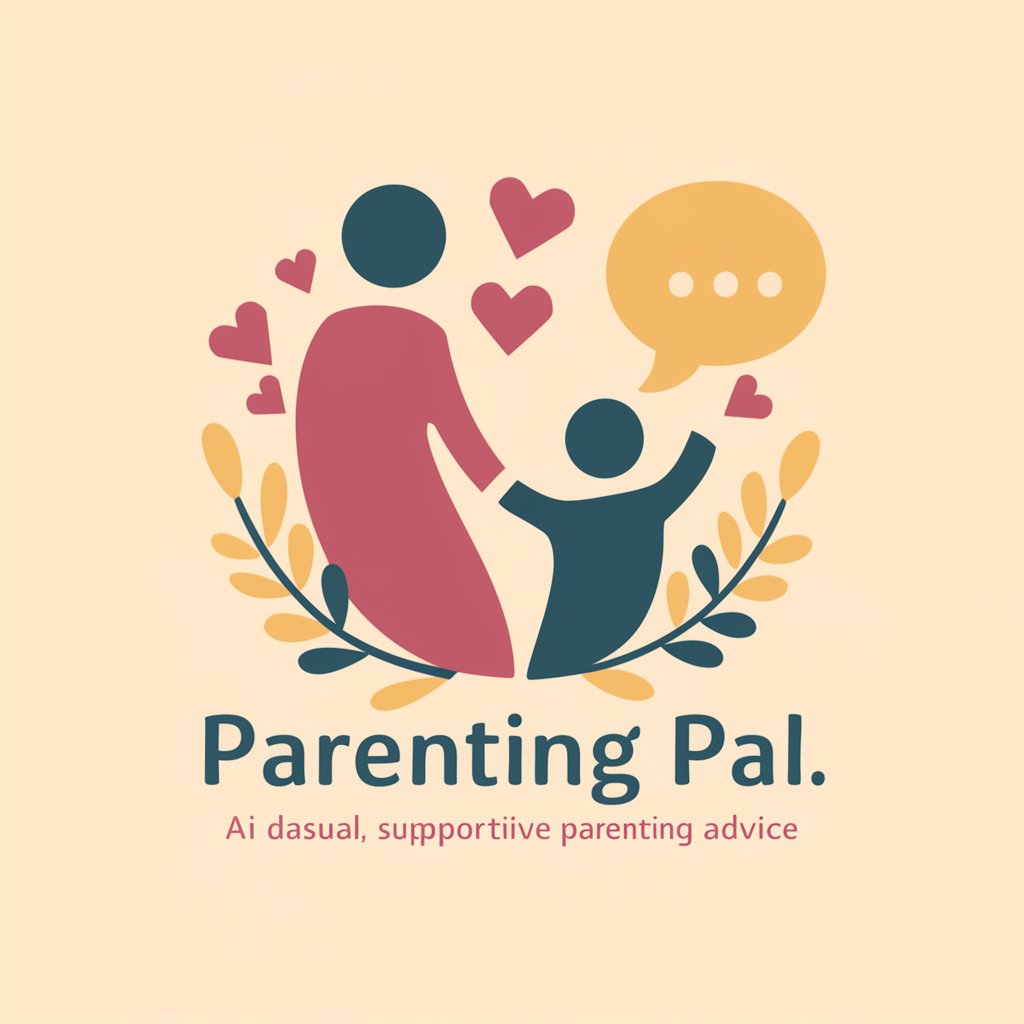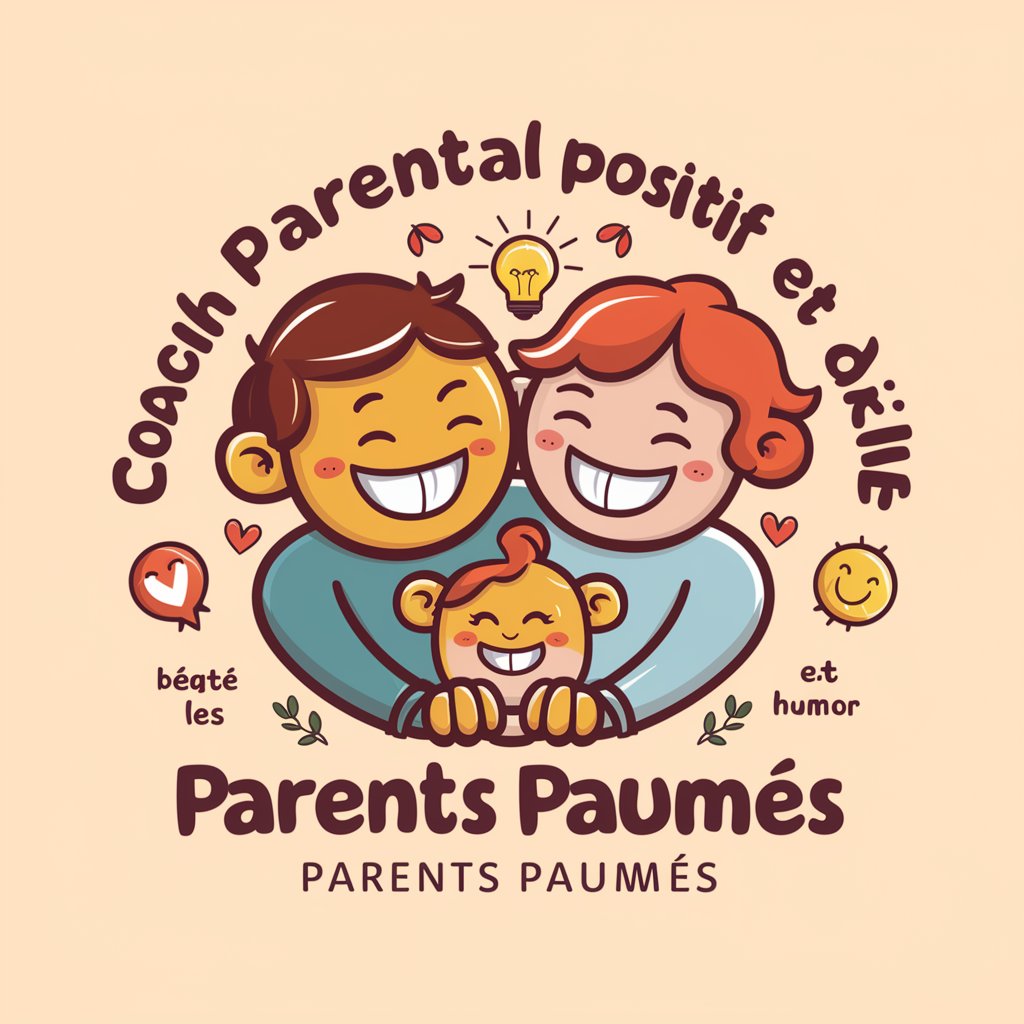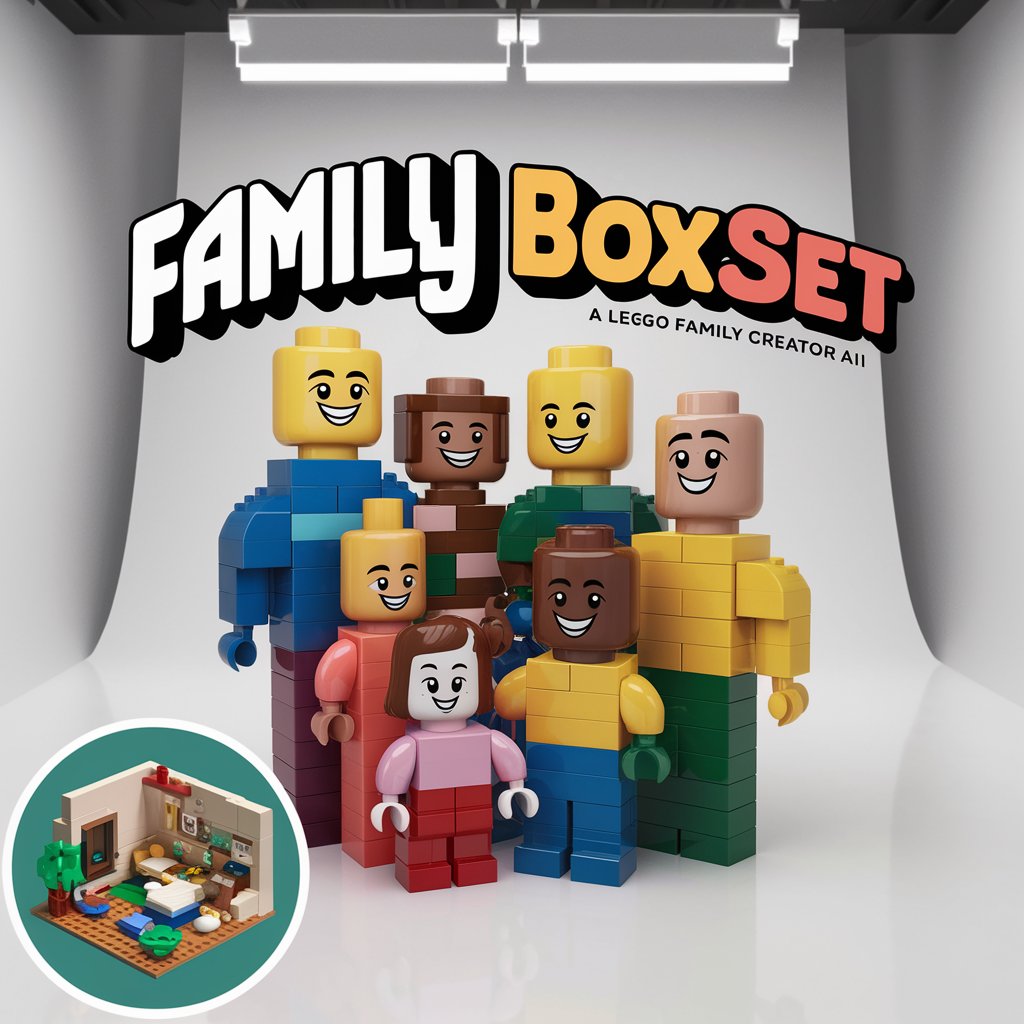Child Custody - Child Custody Insights
Hello! I can provide information on child custody. How can I assist you?
Empowering Custody Decisions with AI
How is child custody determined?
What are some common child custody arrangements?
How can parents prepare for a custody hearing?
What factors do courts consider in child custody cases?
Get Embed Code
Introduction to Child Custody GPT
Child Custody GPT is designed as a specialized tool aimed at providing comprehensive information, guidance, and support regarding child custody matters. Its core purpose is to assist individuals navigating the complex landscape of child custody, including legal considerations, emotional aspects, and practical arrangements. This GPT model is equipped to discuss various types of custody arrangements (such as legal custody, physical custody, sole custody, and joint custody), factors influencing custody decisions, and strategies for co-parenting effectively. For example, it can outline the process of establishing a parenting plan, discuss how courts determine the best interest of the child, or provide insights into managing shared custody schedules. Powered by ChatGPT-4o。

Main Functions of Child Custody GPT
Informational Guidance
Example
Providing an overview of different custody types and legal terms.
Scenario
A newly separated parent is seeking to understand the basics of child custody law, including the differences between legal and physical custody.
Co-parenting Advice
Example
Offering strategies for effective communication and conflict resolution.
Scenario
Parents in a joint custody arrangement are looking for ways to improve their co-parenting relationship for the benefit of their child.
Navigational Assistance
Example
Explaining the process of filing for custody and what to expect in custody hearings.
Scenario
A guardian is preparing to file for custody and needs to know the steps involved, from completing paperwork to attending court hearings.
Emotional Support
Example
Discussing common emotional challenges and coping strategies for parents and children.
Scenario
A parent struggling with the emotional impact of a custody dispute seeks advice on how to support themselves and their child through this challenging time.
Ideal Users of Child Custody Services
Separating or Divorcing Parents
Individuals who are undergoing a separation or divorce and need to understand the implications for child custody, legal rights, and responsibilities.
Legal Professionals and Advocates
Attorneys, mediators, and child advocates looking for resources to support their clients or to stay informed about child custody considerations.
Family Support Groups
Support groups and organizations that assist families through transitions, seeking resources and information to better support parents and children facing custody decisions.
Researchers and Students
Individuals studying family law, social work, or related fields who are interested in the intricacies of child custody laws and practices.

How to Use Child Custody
Initiate Your Experience
Begin by visiting yeschat.ai to access a free trial of Child Custody without the need for login or subscribing to ChatGPT Plus.
Identify Your Needs
Clarify your child custody questions or scenarios you're facing to ensure the guidance provided is tailored and relevant.
Engage with the Tool
Utilize the chat interface to pose your questions. Be specific with your queries to receive the most accurate and comprehensive advice.
Review the Responses
Carefully read the provided guidance and information. Child Custody aims to offer factual, comprehensive insights into custody matters.
Follow Up as Needed
If your questions weren't fully answered or new questions arise, don't hesitate to ask follow-up questions for additional clarity.
Try other advanced and practical GPTs
Child Visitation
Navigating Child Visitation with AI

Kid Nurturer
Empowering Parents with AI

Newborn Navigator
Empathetic AI for Parenting Insights

Parenting Pal
Empowering Parents with AI Insights

Parenting Pal
Empowering Parents with AI-Powered Guidance

Coach Parental Positif et Drôle 'Parents Paumés'
Empowering Parents with Humor and Positivity

Parental Rights
Empowering Parents with AI-driven Insights

Picnic
Craft your perfect picnic with AI

! Family Fun Planner !
Crafting memorable family moments with AI.

Dr. Kinder
Empowering caregivers with AI-driven child psychology insights.

Child Literacy Booster
Empowering young readers with AI

Family Boxset
Building Bridges with Bricks

Detailed Q&A about Child Custody
What factors do courts consider in child custody decisions?
Courts typically examine several factors to determine the best interests of the child, including the child's age, health, emotional ties to each parent, parents' lifestyles, stability, and ability to provide for the child's needs.
Can custody arrangements be modified after a court decision?
Yes, custody arrangements can be modified if there's a significant change in circumstances affecting the child's well-being. Both parties must present their case in court to justify the need for modification.
How does joint custody work?
Joint custody allows both parents to share legal and/or physical custody of the child, requiring them to collaborate on major decisions affecting the child's life and welfare. It emphasizes co-parenting and shared responsibilities.
What is the role of a child custody evaluation?
A child custody evaluation is conducted by a mental health professional to assess the family dynamics, parenting capabilities, and the child's needs, providing the court with insights to make an informed custody decision.
How can parents reach an amicable custody agreement?
Parents can reach an amicable agreement through mediation or collaborative law, focusing on open communication, flexibility, and the child's best interests to formulate a mutually acceptable custody plan.
